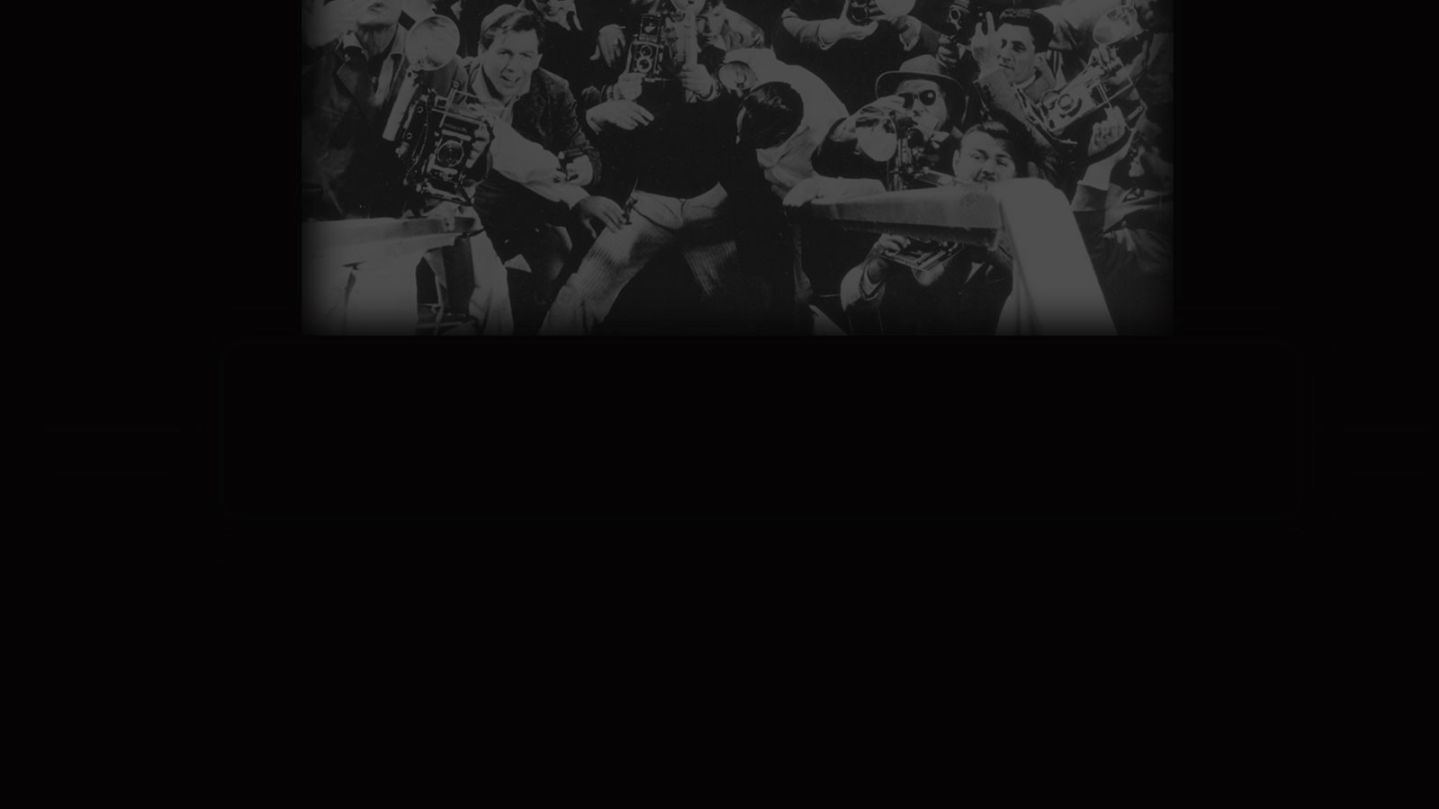
Ronald Martin, Robert Patterson and Mark Martin sit at a whites-only lunch counter in Greensboro, North Carolina, on February 2, 1960. A day earlier, four African-American college students made history when they sat at the same Woolsworth's counter. Service never came for the "Greensboro Four," as they came to be known, and their peaceful demonstration drew national attention and sparked more sit-ins in Southern cities.

People protest outside a Woolsworth's in Pittsburgh.

Dion Diamond is harassed during a sit-in at the Cherrydale Drug Fair in Arlington, Virginia. He was part of a small group called the Non-Violent Action Group. Some people threw lit cigarettes at group members, while others kicked them. The two-week protests in June 1960 led to the integration of restaurants in Arlington. Restaurants soon followed in nearby Alexandria and Fairfax.

Activists would often undergo tolerance training to prepare themselves for what they might encounter during a sit-in. Here, NAACP student adviser David Gunter, left, and Leroy Hill blow smoke into the face of Virginius Thornton.

Trainers in Petersburg, Virginia, use newspapers to swat volunteers in the head and prepare them for harassment they might encounter during a sit-in.

Students wait in vain at a Greensboro Woolsworth's in April 1960.

Woolworth's temporarily closed a store in Atlanta after Harold Sprayberry sprayed insect repellant above the heads of nearly 100 sit-in protesters in October 1960. He was arrested, and the store reopened about an hour later.

People poured sugar, ketchup and mustard over the heads of Tougaloo College students who were conducting a sit-in at a Woolsworth's in Jackson, Mississippi, in May 1963. Sitting at the counter, from left, are Tougaloo professor John Salter and students Joan Trumpauer and Anne Moody.

A police officer in Birmingham, Alabama, frisks a demonstrator after an attempted sit-in on April 15, 1963.

Protesters fill a jail cell in Raleigh, North Carolina, in 1963. A year later, the Civil Rights Act outlawed discrimination in public places and facilities and banned discrimination based on race, gender, religion or national origin.




